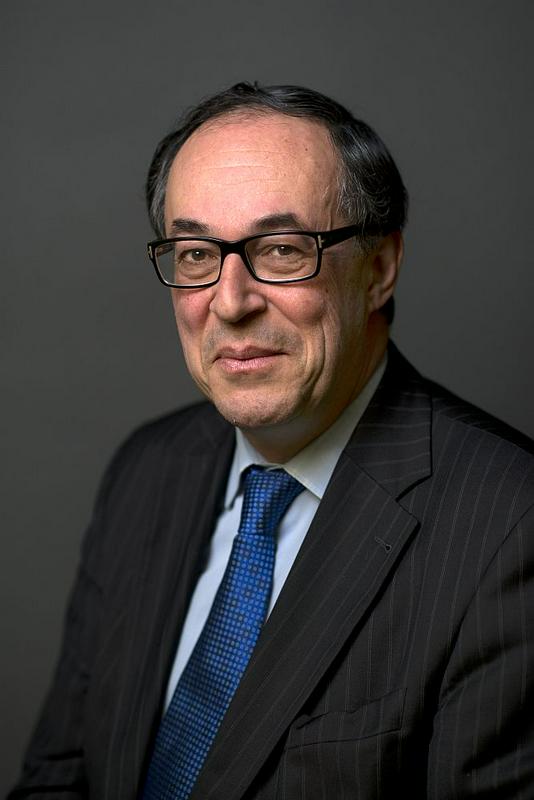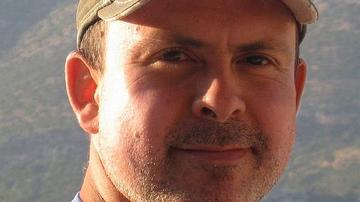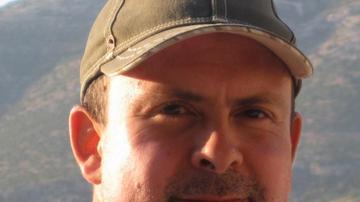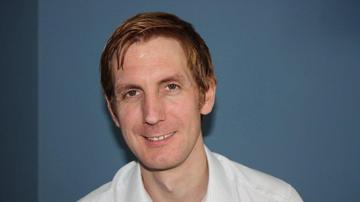Diplomats serving at the foreign embassies in Ljubljana and foreigners living in Slovenia will write blogs for the MMC News in English site. After Jaime Hilton, Deputy Head of Mission at the British Embassy, and Jose Antonio Morales, a Peruvian national, Pieter Jan Langenberg, Ambassador of the Netherlands, is our current blogger.
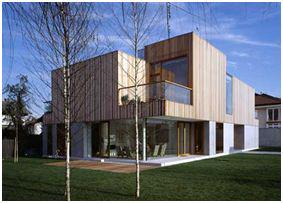
"Small is beautiful" might be a fitting description. As Slovenia is a new nation, my house is a modern residence, one of a series of buildings purpose built for the Dutch government. Designed by the Dutch-Slovenian architectural practice Bevk-Perović, it is undoubtedly a strong statement of his vision on what should define modern diplomacy. Natural materials, shifting panels and lots of glass combine to give a flexible and transparent environment for living and working. Transparency is indeed an increasingly prominent characteristic of modern diplomacy. However, having your home featured in architectural guidebooks does have consequences, as I had to get used to curious passers-by peering in across the hedge to catch a glimpse of contemporary Dutch design.
Also, where one might have expected to experience Eastern Europe or even the Balkans, a central European vibe clearly predominates here. Being a historian by training, I note when traveling that both the scenery and the cuisine are still influenced by the country’s history as part of the realm of the Habsburg monarchy before the First World War. Austria, Hungary, Croatia and the north of Italy are clearly never far away.
Beneath the similarities however, Slovenia has always maintained a distinct identity and a language. Its citizens are clearly proud of their heritage, and often ask me what I think about Slovenia as an independent nation. The answer can only be positive: the quality of life is high. I have started learning the language, which should help me to give a reply that is not just positive in spirit but grammatically correct as well! Although Slovenian is not particularly easy to learn, being a Slavic language, it is less exotic than I thought.
Of course, I am happy to note that we have moved to a nation with a rich and diverse, almost multicultural gastronomic tradition. History and the environment have influenced the kitchen directly, ranging from Viennese coffeehouses with generous tarts and pastries to the truffles, olives and fresh fish of the Mediterranean coast. Pasta and homemade ice cream, good beer and fine wine, squid and schnitzel, even burek seem to co-exist happily.
As a historian, I am of course interested in the tales of the past, and as a diplomat even more so when it comes to the recent years. A visit to the museum of contemporary history was thus an eye opener, even for someone who once graduated in modern history. The Habsburgs, the trenches of the First World War, the Kingdom of Croats, Slovenes and Serbs, occupation by the Axis nations in the Second World War, the partisan resistance and then decades as part of Tito’s socialist Yugoslavia have all left their mark. It was interesting to note the diverse comments when I told people I was going to visit the exhibition "Tito a Yugoslav icon". For some, the recent past is clearly still living history. Reading the novel "The Newcomers" by Kovačič, as a literary introduction before arrival, helped to understand the country’s story as well. It seems not so long ago.
Nevertheless, to quote an icon of my generation, "the times they are a-changin". Slovenia no longer considers itself to be in a comfortable position ahead of the curve within Yugoslavia, or other Eastern European countries, but struggles like others to meet the benchmarks agreed by the EU and the Euro zone. Setting the bar high implies even more change, through greater openness, increased competition in a tough economic climate and adapting to general European standards. The role and responsibilities of the state which were taken for granted in the past are no longer certain. It is not so easy to deal with change if you are out of a job or retired. Banking crises, stress tests, and large-scale privatization of the public sector were the talk of the day when I arrived. They still are. The system with a traditionally large overlap between economic and political elites is also clearly in for change. These transitions all add to a dynamic, sometimes unpredictable but always interesting political and economic environment. From this perspective Slovenia makes an interesting posting for a foreign observer and diplomat. Next week I will give you an inside look into a diplomat’s daily agenda.
In the meantime, you can follow me on twitter @NLinSlovenia or check out the Dutch Embassy’s Facebook page: DutchEmbassySlovenia.
Pieter Jan Langenberg, Ambassador of the Netherlands
Diplomats serving at the foreign embassies in Ljubljana and foreigners living in Slovenia will write blogs for the MMC News in English site. After Jaime Hilton, Deputy Head of Mission at the British Embassy, and Jose Antonio Morales, a Peruvian national, Pieter Jan Langenberg, Ambassador of the Netherlands, is our current blogger.




















































